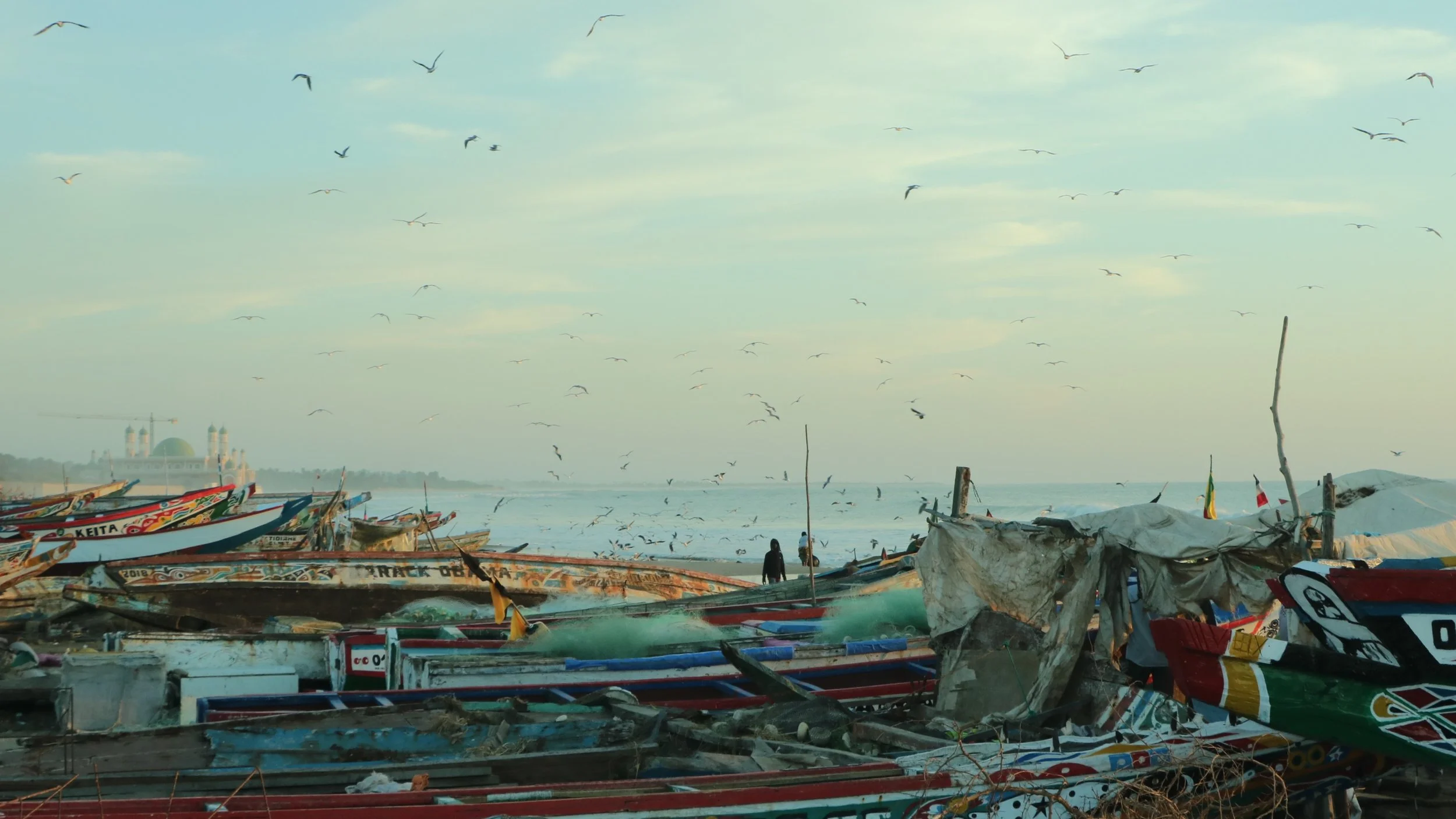With two weeks to go before the summit that will bring together the leaders of the European Union and the African Union in Brussels on 17 and 18 February 2022, the team that has taken over the reins of AFRIFISH - the continental platform that brings together non-state actors in African fisheries - is determined to make itself heard.
Fishmeal and fish oil production in West Africa destroys the region’s resources to the benefit of foreign countries
Something cool for Côte d'Ivoire women fish processors will give them more power in the marketplace
Access to refrigeration is difficult for women in fisheries in many West African countries. With a first trial in San Pedro which has guaranteed the supply of fish to women in Abidjan, now it’s the Grand Béréby women fish processors who are expecting a refrigerated truck, a container and an ice machine. An article by Rich Press.
Local fishing communities’ involvement will be key for making OACPS-EU fisheries relations a success
Looming clouds in the Gambian coastal skies
In this story by Béatrice Gorez and Dawda Foday Saine and first published in the Yemaya magazine in November, the authors look at the obscuring future of women in fisheries in Gambia as the dense fumes of fishmeal factories are being regurgitated into the environment. Fishmeal factories compete with women for access to small pelagics, and encourage overfishing and illegal fishing.
CAOPA celebrates World Fisheries Day and commmits to work for sustainable small-scale fisheries
"Small in scale, big in value", IYAFA is officially launched!
Bottom trawling, another catalyst for climate change?
When the fish do not turn up: seeing the concrete signs of climate change
Bilbao, rapporteur of the EU-Gabon SFPA: "The Commission should publish the plans and objectives achieved with the sectoral support of agreements with third countries"
“Finance in Common”: public development banks ignore the communities their investments have an impact on
The Finance in Common (FiC) summit will be discussing food security and agribusiness, supposedly building on the UN Food Systems Summit, for which civil society already expressed concerns. On this occasion, more than 270 small-scale producers, indigenous peoples and civil society organisations, including CFFA, publish a joint statement.





















